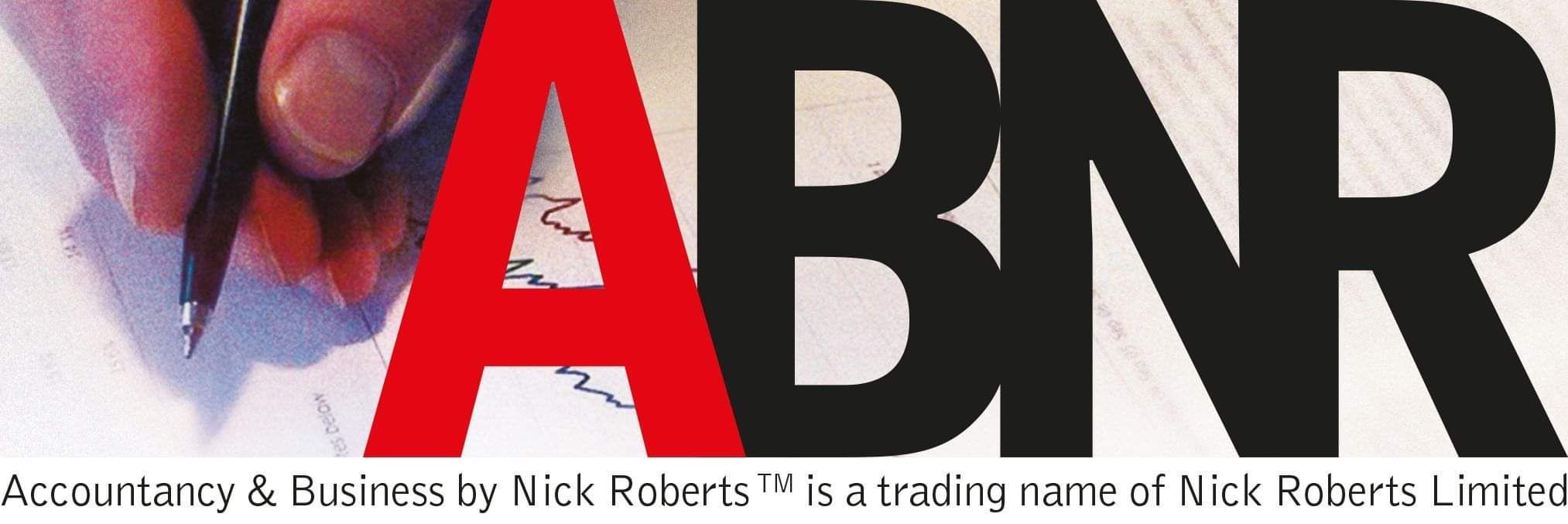Unusually I was channel-surfing the other night and came across a repeat of that show where they try and sort out people who are still spending money like it’s going out of fashion despite already being deeply in debt. Fascinating in a terrifying sort of way, it should probably be compulsory viewing as a warning to the rest of us as to how finances can get horribly out of control. Running your finances wisely is vitally important whether you’re in business or not.
Good Debt/Bad Debt
Whilst the wide availability of credit is a good thing in many ways (how else could the great majority of us buy a house?) in other ways it’s a curse as it’s so easy to borrow money nowadays. Credit cards, personal loans, overdrafts, store cards, hire purchase, interest-free credit – many and varied are the ways we are encouraged to spend money we don’t have.
Good debt is debt used to buy assets which increase in value or are essential to life, like a house or a good business. Bad debt is that used for depreciating assets or short-term expenditure such as boats, holidays or unnecessary luxuries.
So with that in mind let’s look some of the more common issues and questions which arise with debt.
Interest Rates
We know (don’t we?) that normally, longer term borrowing secured on property borrowing is going to cost us less but good interest rate management is all about getting the right borrowing in place for the right purpose. For example, putting short-term expenditure like a holiday or new furnishings on a 25 year mortgage wouldn’t be sensible as it’s going to cost a lot more over the long mortgage term. Similarly keeping core or substantial debt outstanding on a credit card or even a personal loan is going to bleed you dry. Here are some simple guidelines:
- Always find out the true interest rate
- Shop around for the best deal – we’ve learnt by now that loyalty is not rewarded in the world of finance!
- Look to family or friends first who will give you lower interest rates and be more repayment friendly
- Choose as short a repayment period as possible
- Match the borrowing type to the purpose of the borrowing e.g. credit cards for convenience only and pay them off in full or hire purchase for a vehicle
- Don’t overstretch yourself
- If your outgoings on debt repayments are high and you have no savings, look to insure yourself against the unexpected.
Fixed-Rate Borrowing
Over the years I’ve been asked many times if clients should fix their mortgage or loan rates or stay on variable rates. Not, unfortunately, possessing a crystal-ball means that it’s very hard to advise in specific cases and even highly paid economists haven’t got a clue! However, there are a few things to remember. Firstly, the banks are there to make money and so won’t offer you anything that doesn’t suit them. Secondly, it depends upon the gap between your income and expenditure in that if you have little discretionary net income, an increase in your mortgage repayments could be the straw that breaks the camel’s back. In consequence, you would probably be prepared to pay more as a form of insurance for protection against future rate increases. In addition, a fixed rate loan can be a disincentive to early repayment (see below).
You can also hedge your bets by choosing part-fixed and part-variable which I think is a good option. Many borrowers now split their mortgage into three or four parts all with different interest rates.
However, the worst dilemma is whether to fix short-term or long term. Short-term is cheaper but you then run the risk of your fixed period expiring just when interest rates have increased! And of course break fees tends to be very expensive if you later change your mind. I had a client some years ago with two fixed rate loans of 100,000 each, one at 16% and one at 8% when current interest rates were 5%. Both seemed a good idea to him at the time!
The website www.interest.co.nz (a great site which should be in your favourites) has a useful tool which will help you decide between fixed and floating:
http://www.interest.co.nz/calculators/55377/should-you-fix-or-stay-floating
KiwiSaver v. Early Mortgage Repayment
Whilst saving for a rainy day and retirement is very important should one save using Kiwi-Saver or pay off mortgage debt early? Even with lower interest rates the interest costs on debt are almost always higher than the after-tax and fees rate of return from investments which, of course, have not been anything to write home about in any case. There’s no way very many of us are going to get a better return from our Kiwi-Saver funds so are the taxpayer subsidies the only reason to invest in Kiwi-Saver if you have a mortgage?
There’s a great article on www.superlife.co.nz on whether to save or pay off debt which includes a table setting out the break-even points on various interest rates depending upon your tax rate. For example, say your mortgage rate is 7% and you’re paying 33% tax you’ll need to achieve a gross investment return (year after year) of 10.4% (before fees) to be better off investing. Yeh right I hear you say!
Accelerating Mortgage Repayments
If you can afford to and assuming you’re not on a fixed rate (although depending on the lender and current variable rates sometimes it is possible without incurring penalties) increasing the size of your regular repayments even by a small amount can save you many thousands in interest.
Interest-Free Credit
Now there’s an oxymoron for you! It can work but watch out, as the deals offered by retailers normally have some nasty little traps built in which can be triggered by early repayment, taking up one than offer or trying to pay it off early. See this story in the NZ Herald for an example of how it can go wrong: http://www.nzherald.co.nz/personal-finance/news/article.cfm?c_id=12&objectid=10672728
Credit cards are also much celebrated as a clever way of getting interest-free credit but again only a few benefit whilst many pay dearly. There’s a great article on the dangers here on http://www.interest.co.nz:
http://www.interest.co.nz/personal-finance/54922/avoiding-credit-card-minimum-payment-trap
What to Aim For
The best thing to do with debt? Yep, get rid of it as soon as you can. Debt is not a good bedfellow and as long as you have outstanding debt you are at risk, will have much less disposable income and are not in charge of your own destiny, not even taking into account that your personal financial details are available to anyone who can do a credit search on you.
Get in touch with Nick today, and take control of your finances.


